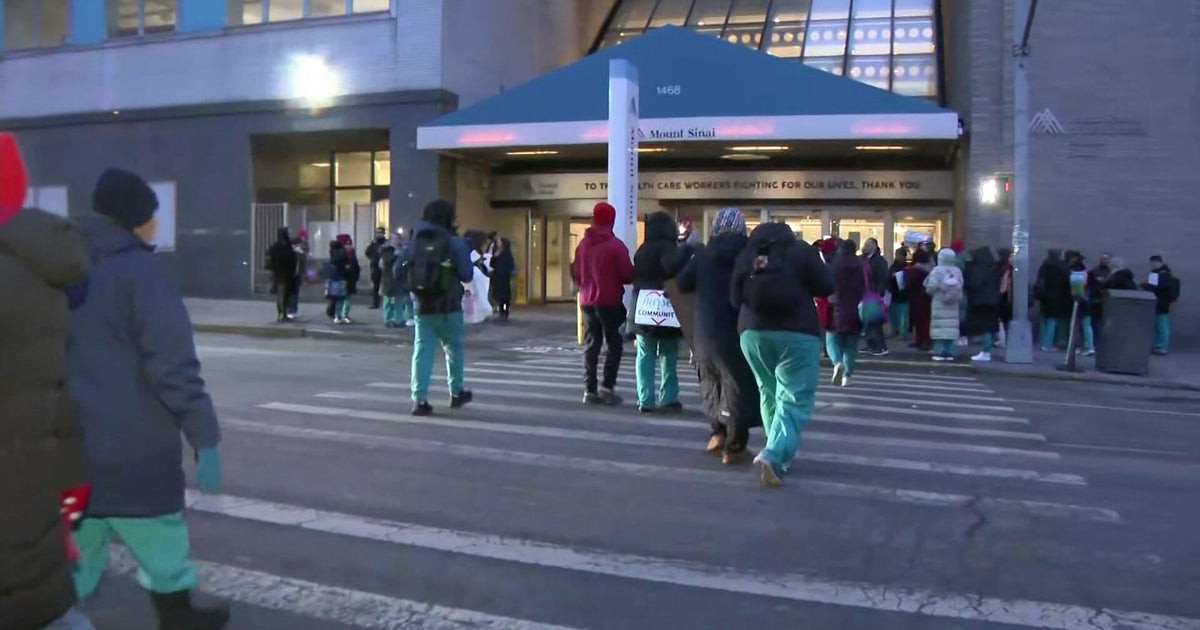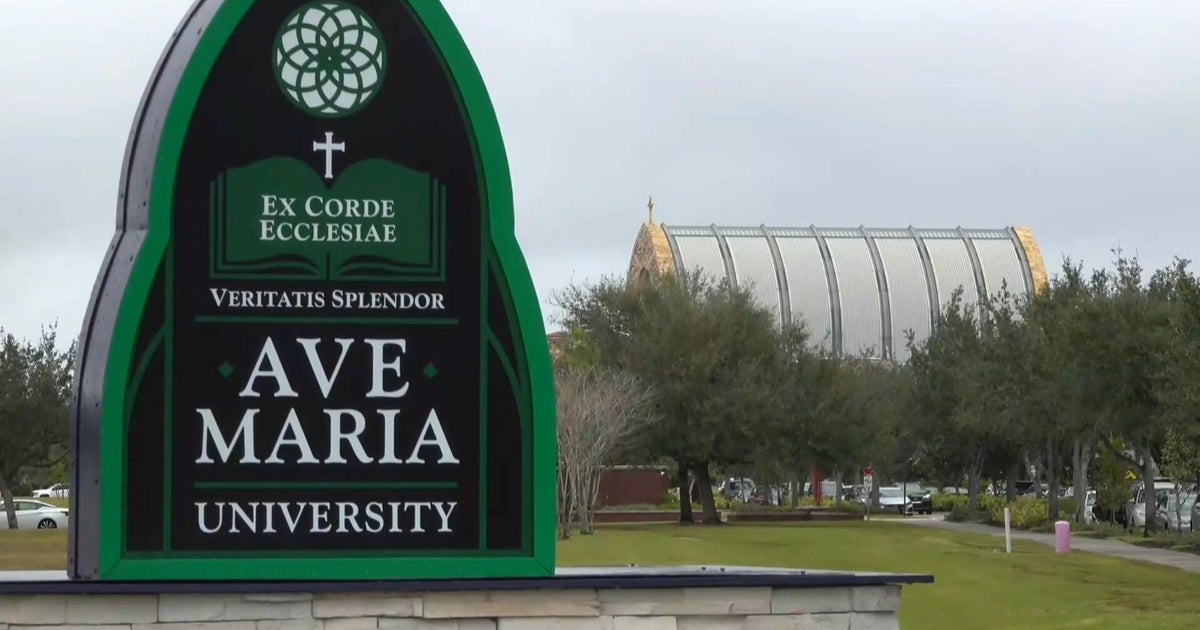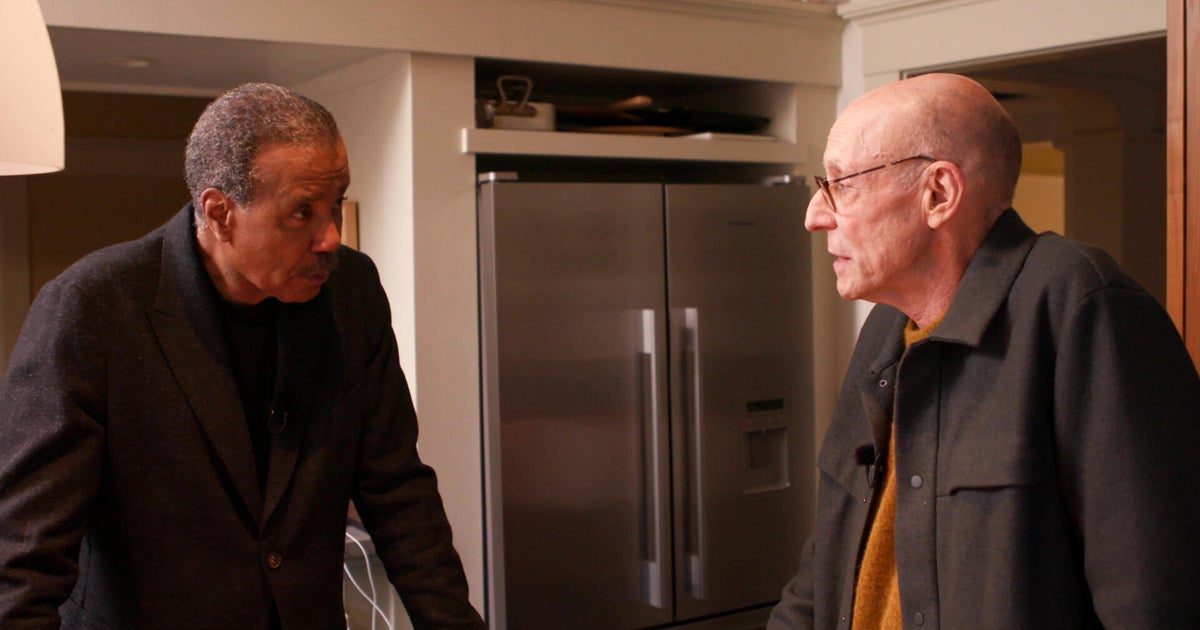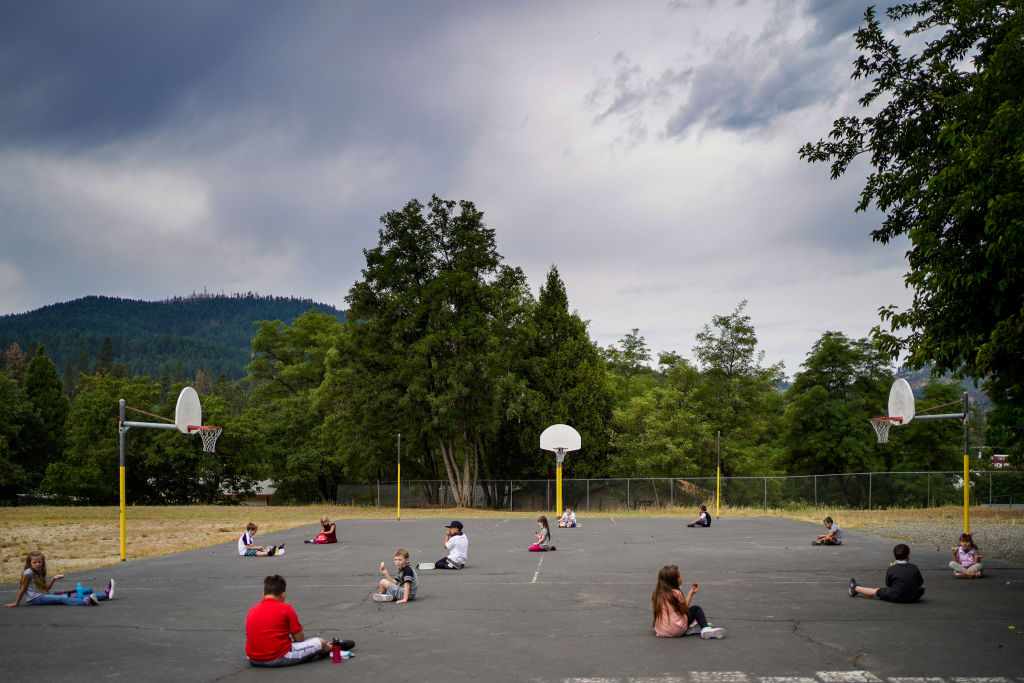Overwhelmed hospitals rush to hire travel nurses: "We're getting hit pretty hard"
The record-breaking COVID-19 surge is straining the country's health care system.
At Saint Alphonsus Regional Medical Center in Boise, Idaho, nearly 25% of patients have COVID-19 and the increase in sick patients is overwhelming the hospital staff.
"We're getting hit pretty hard in recent weeks. ... Every day it seems like we are getting more and more patients," Kori Albi, an intensive care nurse at Saint Alphonsus, told CBS News senior medical correspondent Dr. Tara Narula.
In the past two months, hospitalizations have been three times higher than the entire first wave of the pandemic. Albi, who is a supervisor at the hospital, said that just like thousands across the country, many hospital staff including nurses are testing positive for COVID-19.
"It doesn't seem from contact tracing that it's coming from the hospital setting. A lot of them are gatherings outside of the hospital. ... but it is putting a strain on the workforce," she said.
In New Jersey, more than 170 employees at three hospitals have contracted COVID-19, causing staffing shortages at several hospitals.
The rate that nurses are getting infected has gotten so bad that many states are turning to travel nurses to fill staffing shortages. In California, Governor Gavin Newsom announced the state needs to hire 3,000 temporary contracted medical workers to help with increasing ICU hospitalizations rates.
April Hansen is an executive vice president for Aya Healthcare, an agency that recruits and deploys travel nurses. She said that the demand for nurses is at an all-time high.
"When I look at our job counts from the height of the first wave this spring and I look at where we're at today, we are seeing more than double the demand," she said.
As of this week, there are requests in all 50 states and over 29,200 job openings for travel nurses.
"We certainly saw more of a geographic concentration at the beginning of the pandemic," Hansen said.. "What happened sort of into the movement of the second wave is that it's more dispersed."
Laura Cutolo is a travel nurse. She's been on the road for months following COVID-19 hot spots. She was in New York in April when the state had more cases per capita than any other state in the country. Over the summer she traveled to Arizona and now finds herself in Green Bay, Wisconsin.
"We have a swell of patients and then we have a shortage of staff. So we come in to try and create a buffer so that these nurses have some downtime," Cutolo said.
Most travel nurse agencies pay nurses based on the location in which they work. Many travel nurses like Cutolo can bounce around between states to increase their pay.
But Cutolo said being a travel nurse does come with some risks, especially if you are a parent. Cutolo said that although the risk of being a travel nurse is high, she wants to set an example for her two young children.
"I don't know how history will remember me, but I don't know if that matters as much as how my children will remember and what it can mean for them."



